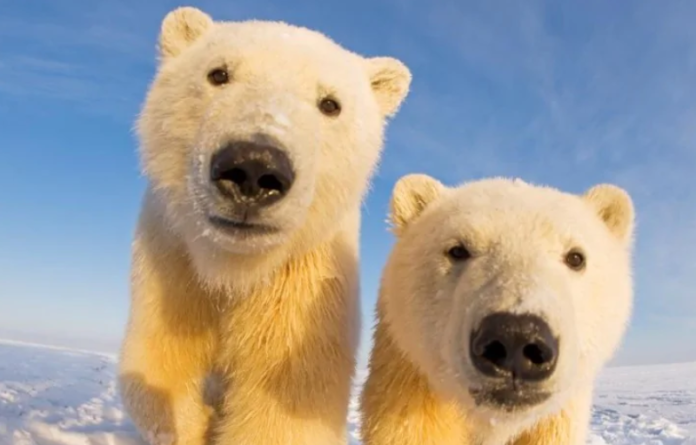The polar bears, the symbol of the Arctic spaces, have been in a critical state today because of the impact of climate change. A new study confirms that these huge predators that live in relatively limited Arctic ecosystems are on the verge of survival due to the extension of summer months and reducing the coating with sea ice.
The results of the study conducted by scientists on the southern part of the White Bear range in the western part of the Hudson Gulf in Canada shock: almost all animals lost weight under the influence of prolonged Arctic summer. The reason for this situation is that polar bears spend more time on land, where it is very difficult for them to hunt seals, the main source of food for these bears.
Due to climate changes, namely global warming and reducing sea ice, polar bears face significant challenges. Their traditional living environment is torn, and their natural source of food becomes less accessible.
Researchers note that polar bears are trying to adapt to change, but their attempts are too limited. They have already tried to change their diet and hunt for another game, as well as relax more, but these strategies were insufficient. Even those who were able to find sources of food on land, still lost weight, which indicates serious problems in providing the necessary energy.
In addition, the consequences of these changes affect the entire ecosystem complex of the Arctic regions. Reducing the population of polar bears can have far -reaching consequences for other species that depend on these predators in the food chain.
In general, the study emphasizes the need for immediate measures to preserve the Arctic environment and its inhabitants. Save polar bears from extinction can be an important step in maintaining the entire ecosystem of the Arctic regions, which is important for the balance of climate and the health of the planet.


